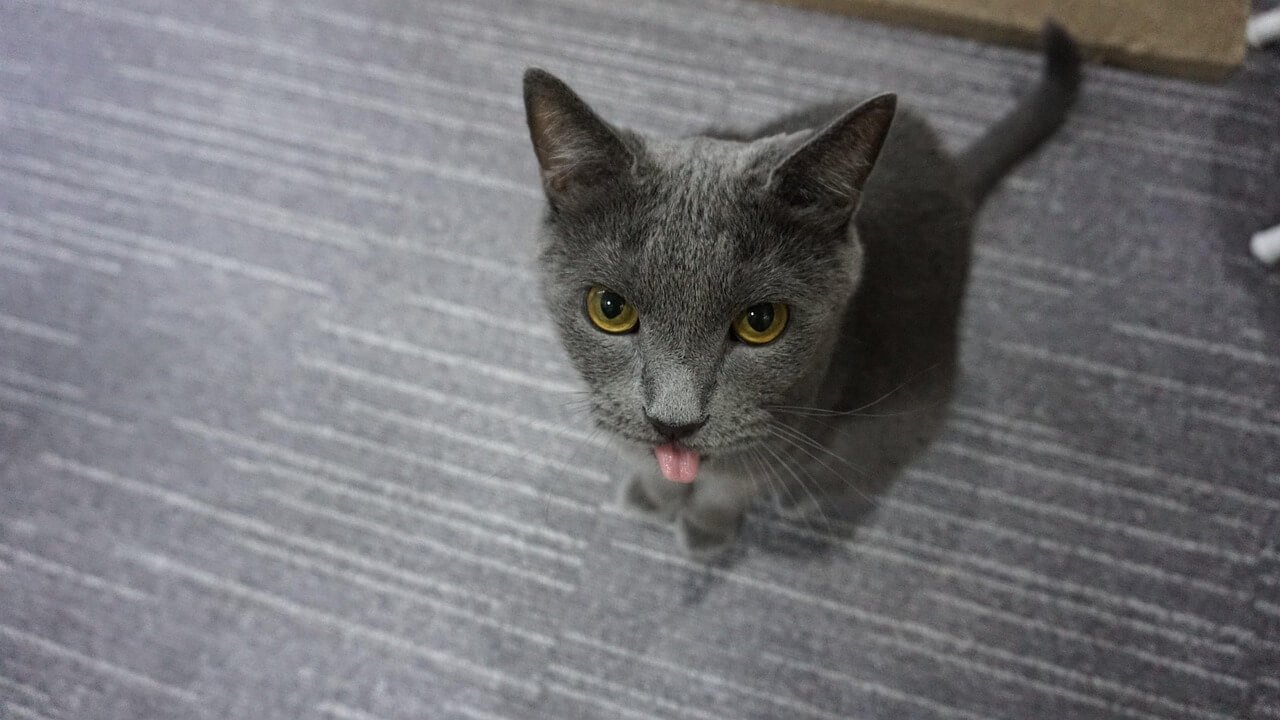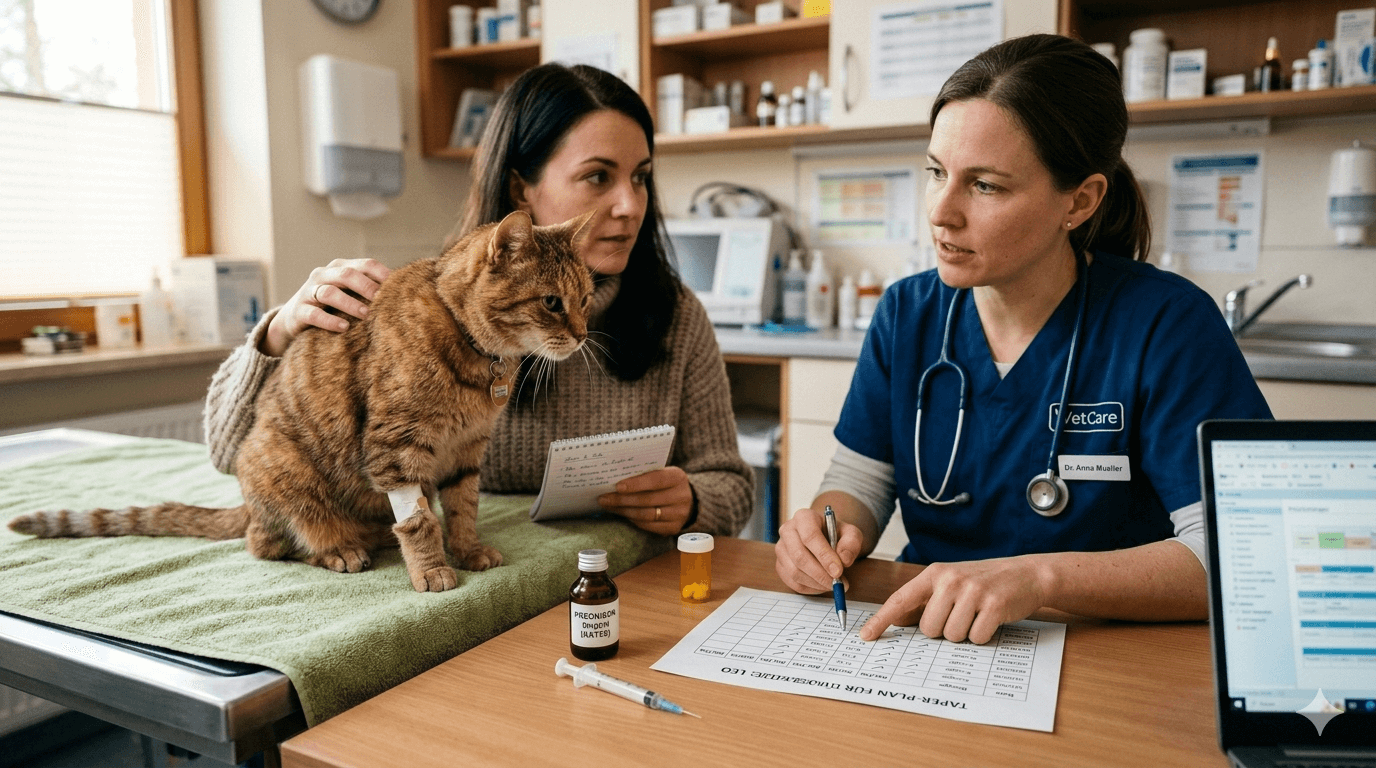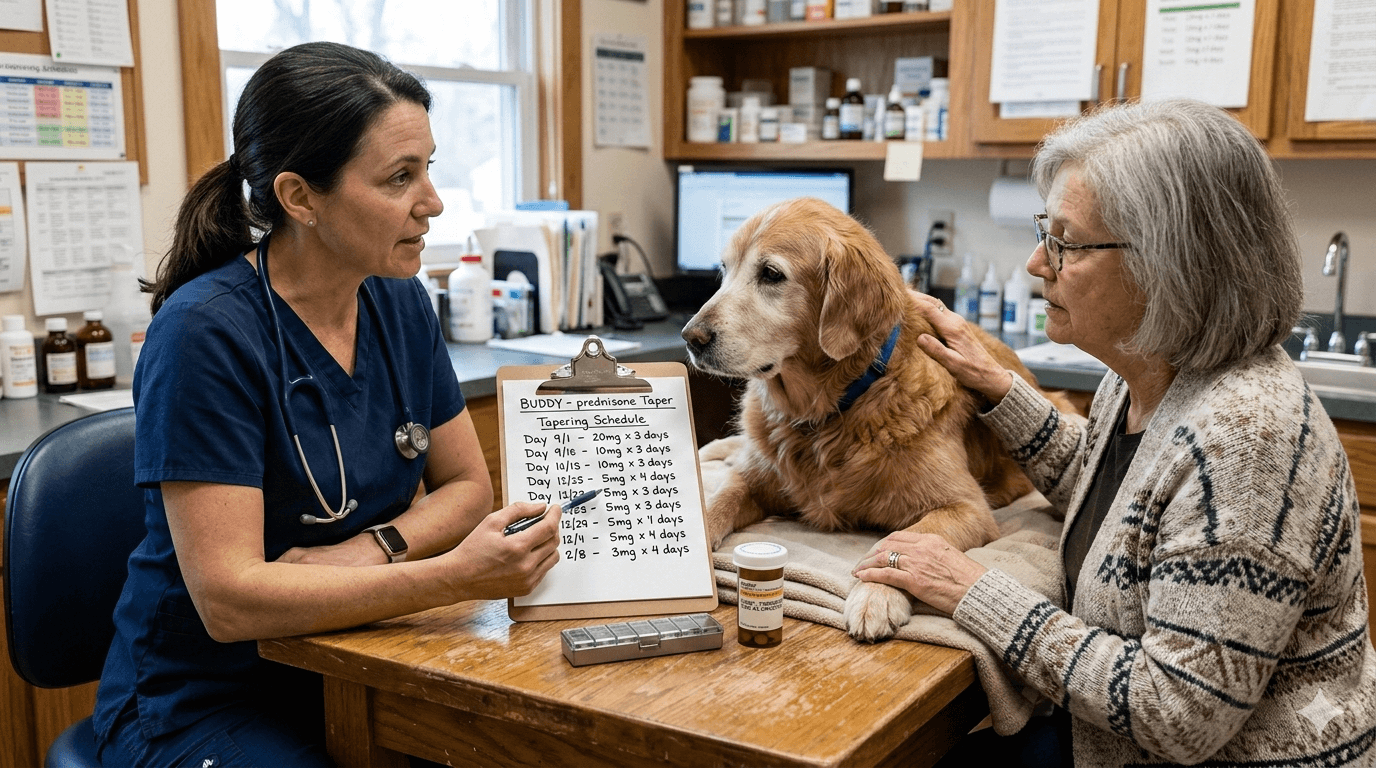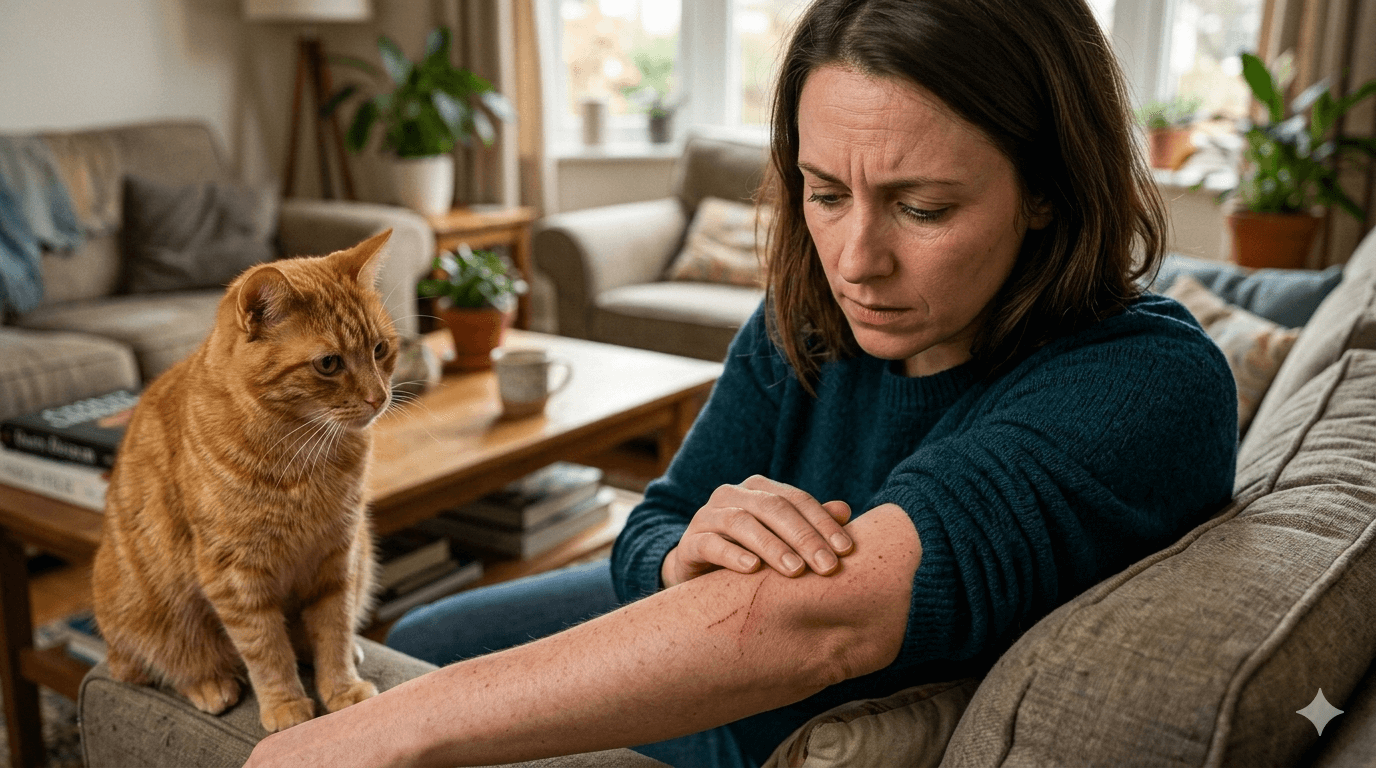I Dont Know If My Cat Has Been Vaccinated
As a cat owner, ensuring your feline friend’s health and well-being is one of your top priorities. Vaccinations play a crucial role in protecting cats from serious illnesses and diseases. But what if you’re unsure whether your cat has been vaccinated? This uncertainty can leave you feeling anxious about their health and safety. Whether you’ve adopted a stray, inherited a pet, or simply lost track of your cat’s medical history, there are steps you can take to address this concern. In this blog post, we’ll guide you through understanding vaccinations, identifying potential signs of immunity, and taking proactive measures to safeguard your cat’s health.
Why Vaccinations Are Essential for Cats
Vaccinations are not just a formality—they are vital for keeping your cat healthy and preventing the spread of contagious diseases. Understanding their importance can help you make informed decisions about your pet’s care.
Protection Against Deadly Diseases:
Vaccines shield cats from life-threatening illnesses like feline distemper, rabies, and feline leukemia virus (FeLV).Preventing Outbreaks in Multi-Cat Homes:
Vaccinated cats reduce the risk of spreading infections to other pets in the household or neighborhood.Legal Requirements:
Some vaccines, such as rabies, are legally required in many areas to protect public health.Cost-Effective Prevention:
Vaccinating your cat is far more affordable than treating illnesses that could have been prevented.Peace of Mind for Owners:
Knowing your cat is protected allows you to enjoy their companionship without constant worry about preventable diseases.
By recognizing the value of vaccinations, you can prioritize your cat’s long-term health and happiness.
Signs That Your Cat May Not Be Vaccinated
If you’re unsure about your cat’s vaccination status, certain clues can indicate whether they might be at risk. These signs can help you assess the situation and take action.
No Vaccination Records Available:
A lack of documentation from previous owners or shelters suggests your cat may not have received essential vaccines.Frequent Illnesses:
Cats that frequently fall ill may have weaker immune systems due to missing vaccinations.Exposure to Stray or Outdoor Cats:
If your cat interacts with unvaccinated animals, they are at higher risk of contracting diseases.Behavioral Changes After Contact with Sick Animals:
Sudden lethargy, loss of appetite, or unusual behavior could signal exposure to an illness.Adopting a Cat with Unknown History:
Rescued or stray cats often come without detailed medical records, making vaccination verification critical.
Identifying these signs can prompt you to seek professional advice and ensure your cat receives proper care.
Check this guide 👉How Much Are Cat Vaccines? Best 7 Health Tips!
Check this guide 👉Why Is My Cat Tired After Vaccines? Best 7 Expert Tips!
Check this guide 👉Why Is My Cat Not Eating After Vaccination? Best 7 Tips!
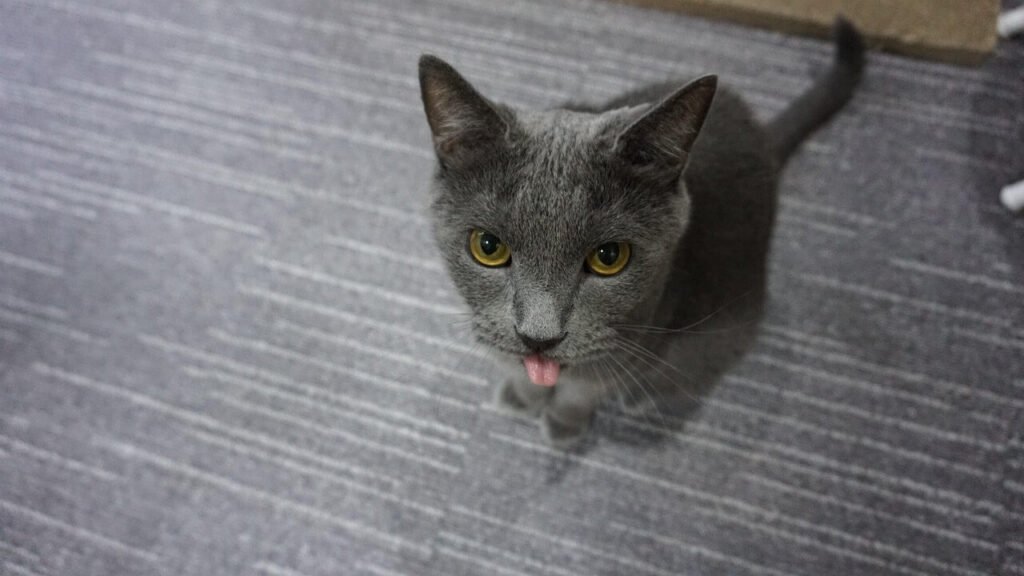
Core Vaccines for Cats | Non-Core Vaccines Based on Lifestyle |
|---|---|
Feline Panleukopenia (Distemper) | Feline Leukemia Virus (FeLV) |
Feline Herpesvirus | Bordetella Bronchiseptica |
Feline Calicivirus | Chlamydophila Felis |
Rabies | Feline Immunodeficiency Virus (FIV) |
Combination Vaccines (FVRCP) | Ringworm Vaccine |
Steps to Take If You’re Unsure About Your Cat’s Vaccination Status
If you’re uncertain whether your cat has been vaccinated, don’t panic—there are practical steps you can take to address the issue.
Consult Your Veterinarian:
Schedule an appointment to discuss your concerns and review your cat’s medical history.Request a Health Check-Up:
A thorough examination can help determine if your cat shows signs of immunity or past infections.Perform Blood Tests (Titer Testing):
Titer tests measure antibody levels in your cat’s blood to assess immunity against specific diseases.Update Vaccinations as Needed:
If records are unavailable, your vet may recommend starting or updating your cat’s vaccination schedule.Keep Detailed Records Moving Forward:
Maintain a file of all future vaccinations to avoid confusion and ensure continuity of care.
Taking these steps ensures your cat remains protected and gives you peace of mind about their health.
Common Vaccination Myths Debunked
Misconceptions about cat vaccinations can lead to confusion or hesitation. Here are some myths debunked to help you make informed decisions.
Myth: Indoor Cats Don’t Need Vaccines:
Even indoor cats can contract diseases through contact with humans or other pets that venture outside.Myth: Vaccines Are Only for Kittens:
Adult cats require booster shots to maintain immunity throughout their lives.Myth: Vaccines Always Cause Side Effects:
Most cats experience no adverse reactions, and severe side effects are extremely rare.Myth: One Vaccine Protects Against All Diseases:
Different vaccines target specific illnesses, so multiple shots are often necessary.Myth: Vaccines Are Expensive and Unnecessary:
Preventive care is more cost-effective than treating illnesses caused by missed vaccinations.
Understanding the facts helps dispel fears and ensures your cat receives the protection they need.
Tips for Keeping Track of Your Cat’s Vaccination Records
Maintaining accurate vaccination records is essential for ensuring your cat’s ongoing health. Follow these tips to stay organized.
Use Digital Tools:
Store records digitally using apps or cloud services for easy access and backup.Create a Physical File:
Keep printed copies of vaccination certificates in a dedicated folder at home.Set Reminders for Boosters:
Use calendar alerts or reminders to track when your cat is due for their next shot.Communicate with Your Vet:
Ask your vet to send reminders or updates about upcoming vaccinations.Include Adoption Details:
If you adopt a cat, request any available medical records from the shelter or previous owner.
Staying organized ensures your cat never misses a vital vaccine.
How to Prepare for Your Cat’s First Vet Visit
If you’re visiting the vet for the first time to discuss vaccinations, preparation can make the process smoother.
Gather Available Information:
Bring any documents or details about your cat’s background, even if incomplete.Prepare Questions in Advance:
Write down questions about vaccines, side effects, and recommended schedules.Bring a Comfort Item:
Pack a favorite blanket or toy to keep your cat calm during the visit.Fast Before the Appointment:
Withhold food for a few hours beforehand in case blood tests are needed.Plan for Follow-Ups:
Be ready to schedule additional visits for boosters or further testing.
Being prepared helps you maximize the value of your vet visit and ensures your cat receives comprehensive care.
Signs Your Cat Is Experiencing a Vaccine Reaction
While rare, some cats may experience mild reactions to vaccines. Recognizing these signs allows you to act quickly if needed.
Mild Swelling at the Injection Site:
A small lump or redness is common but should resolve within a few days.Lethargy or Fatigue:
Temporary tiredness is normal as the body builds immunity.Loss of Appetite:
Some cats eat less immediately after receiving a vaccine, but this usually improves quickly.Sneezing or Nasal Discharge:
Intranasal vaccines may cause mild respiratory symptoms shortly after administration.Severe Symptoms Require Immediate Attention:
Difficulty breathing, vomiting, or collapse warrants an emergency vet visit.
Monitoring your cat closely after vaccination ensures their comfort and addresses any concerns promptly.
Frequently Asked Questions About Cat Vaccinations
What happens if my cat misses a vaccine?
Missing a vaccine increases the risk of illness. Consult your vet to update their schedule promptly.
How often do cats need booster shots?
Booster shots are typically given annually or every three years, depending on the vaccine type.
Can older cats still be vaccinated?
Yes, senior cats can safely receive vaccines after a vet confirms they are healthy enough.
Are vaccines safe for kittens?
Vaccines are formulated to be safe for young kittens and are essential for building early immunity.
What if I adopt a cat with unknown vaccination history?
Start by consulting a vet who can evaluate your cat and recommend appropriate vaccines.
Empowering Yourself to Protect Your Cat’s Health
Not knowing whether your cat has been vaccinated can feel overwhelming, but it doesn’t have to be. By consulting your veterinarian, staying informed, and taking proactive steps, you can ensure your furry companion stays healthy and happy. Vaccinations are a simple yet powerful way to safeguard your cat against preventable diseases, giving you both peace of mind for years to come. Remember, a little effort today can make a world of difference in your cat’s quality of life tomorrow.
How to Taper Off Prednisone for Cats: Best 7 Expert Tips! – Safely reduce prednisone with vet guidance. Learn now!
How to Taper Off Prednisone Schedule for Dogs: Best 7 Tips! – Learn the safe way to reduce prednisone, recognize withdrawal signs, and keep your dog healthy during the process.
Can a Cat Scratch Give You Rabies? Best 7 Expert Tips! – Learn how rabies spreads, assess risks from cat scratches, and know when to seek medical help. Stay safe!
Can a Dog Scratch Give You Rabies? Best 7 Expert Tips! – Learn the risks, symptoms, and steps to take if scratched by a dog. Stay informed and protect yourself from rabies exposure.

